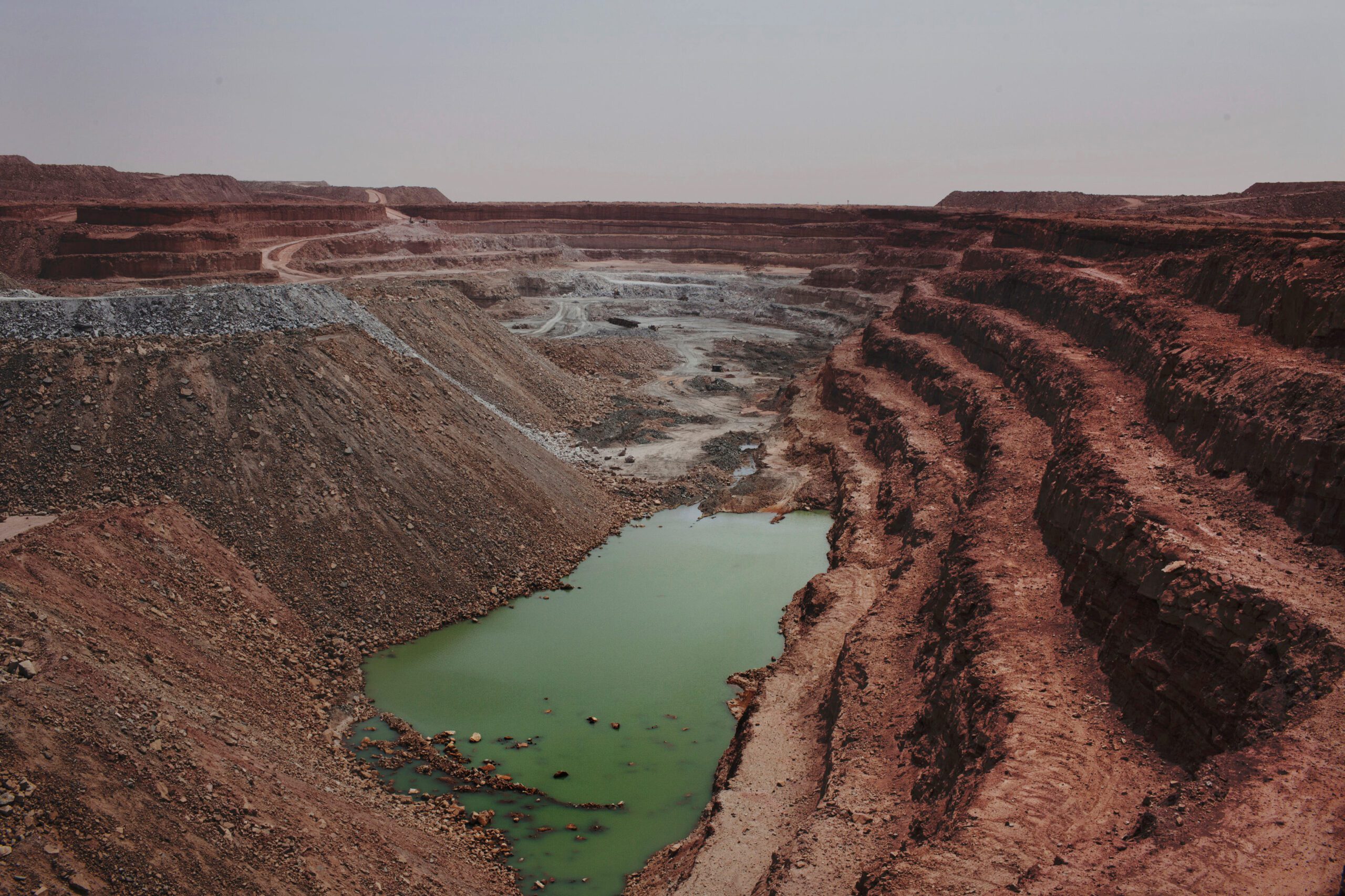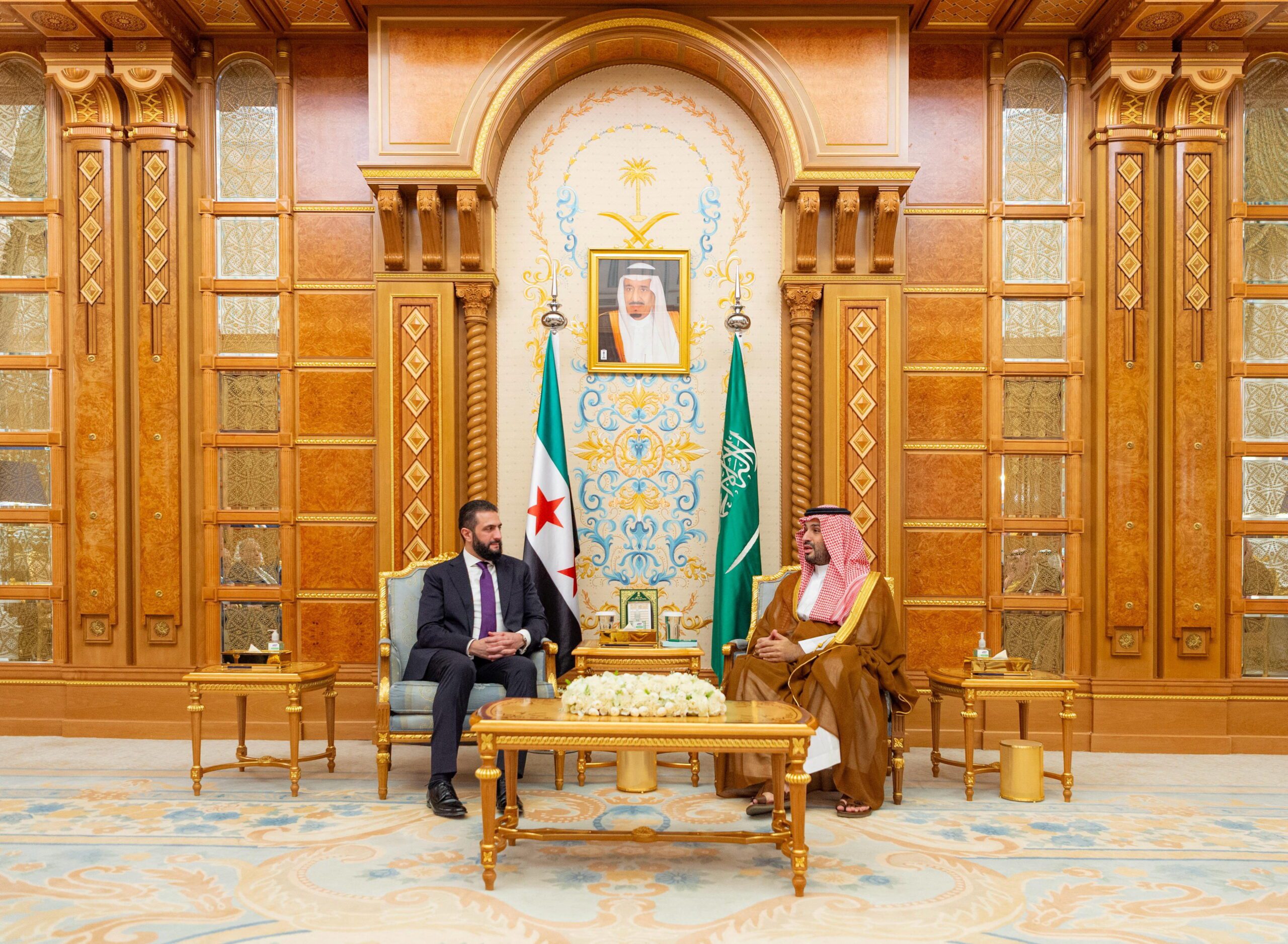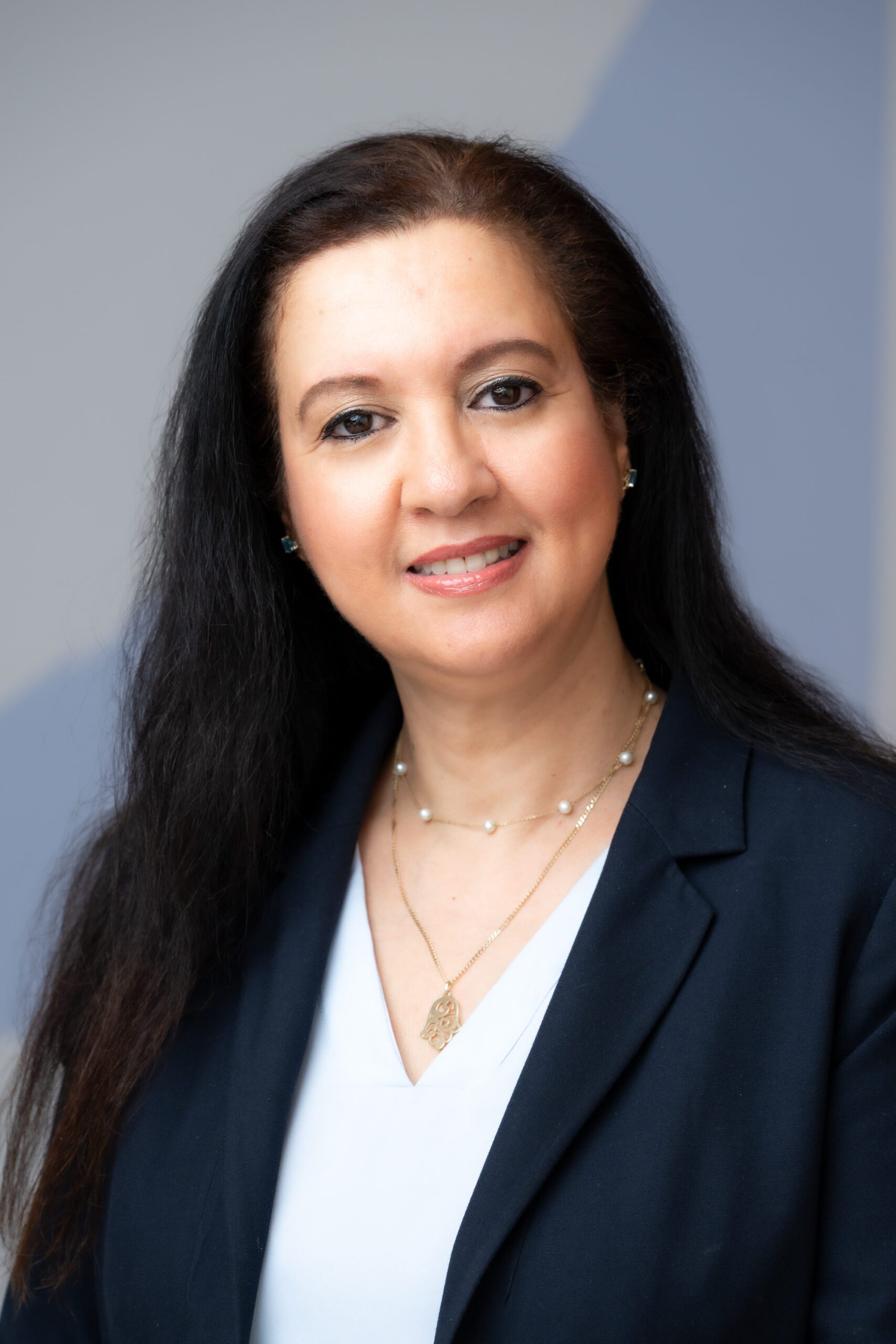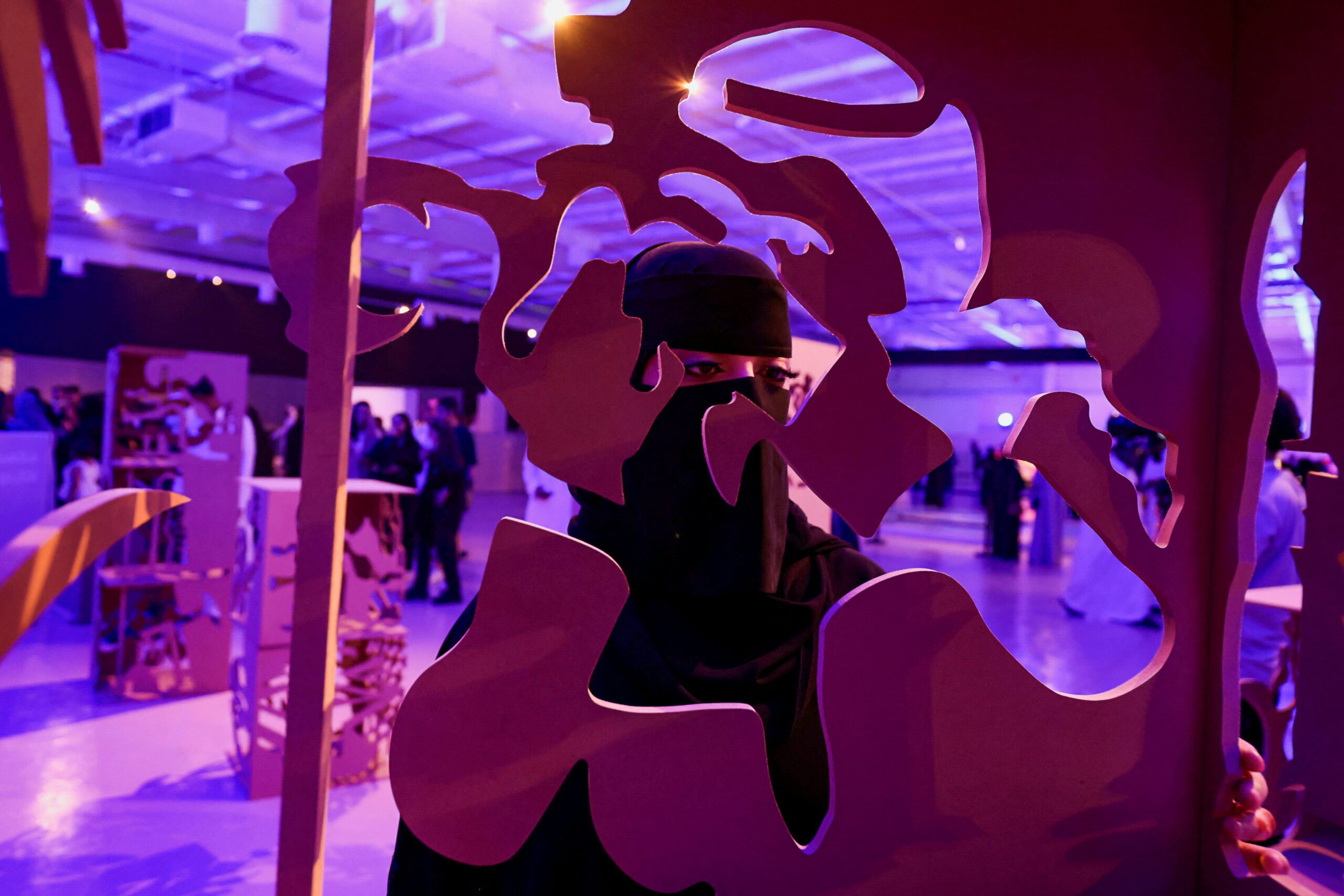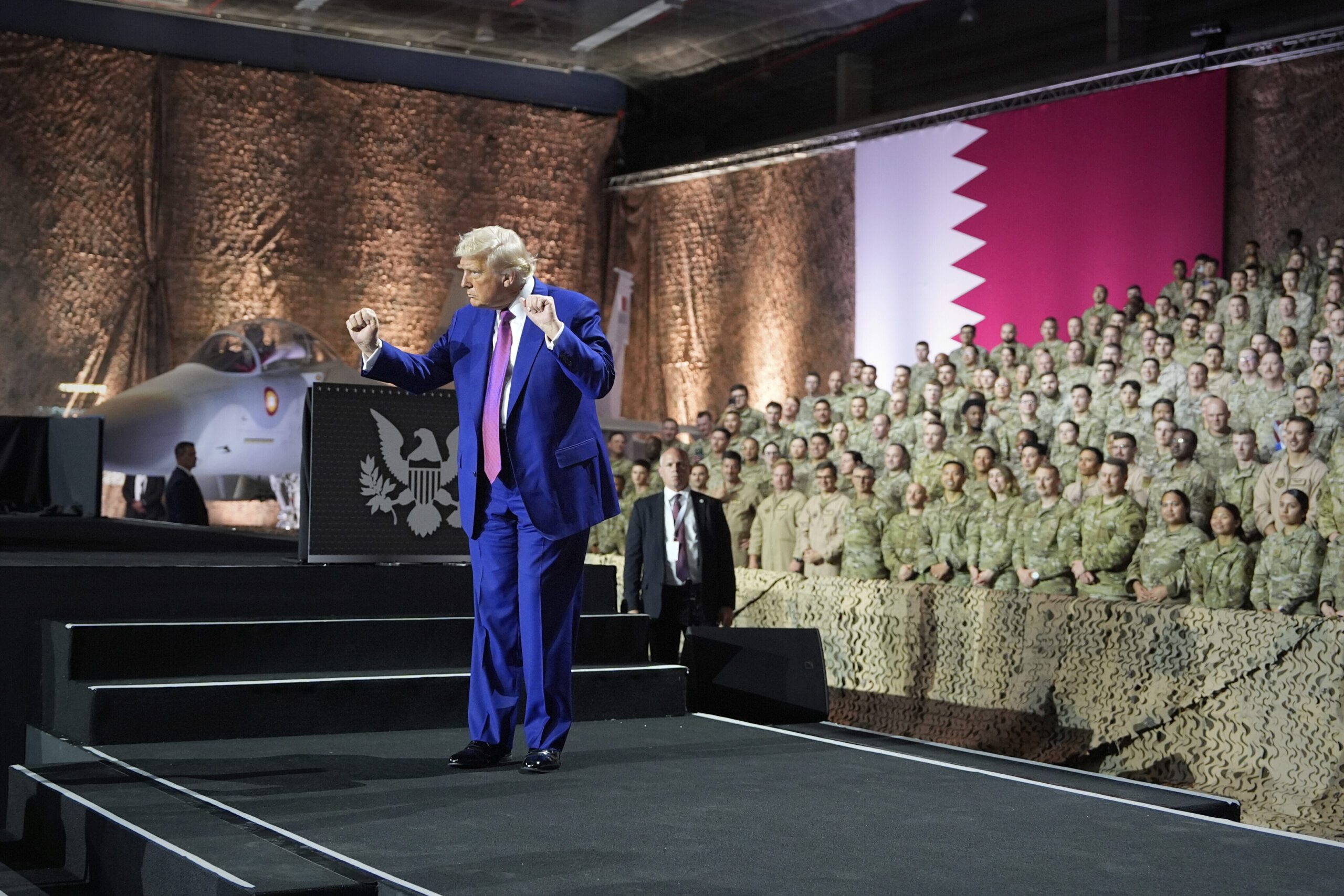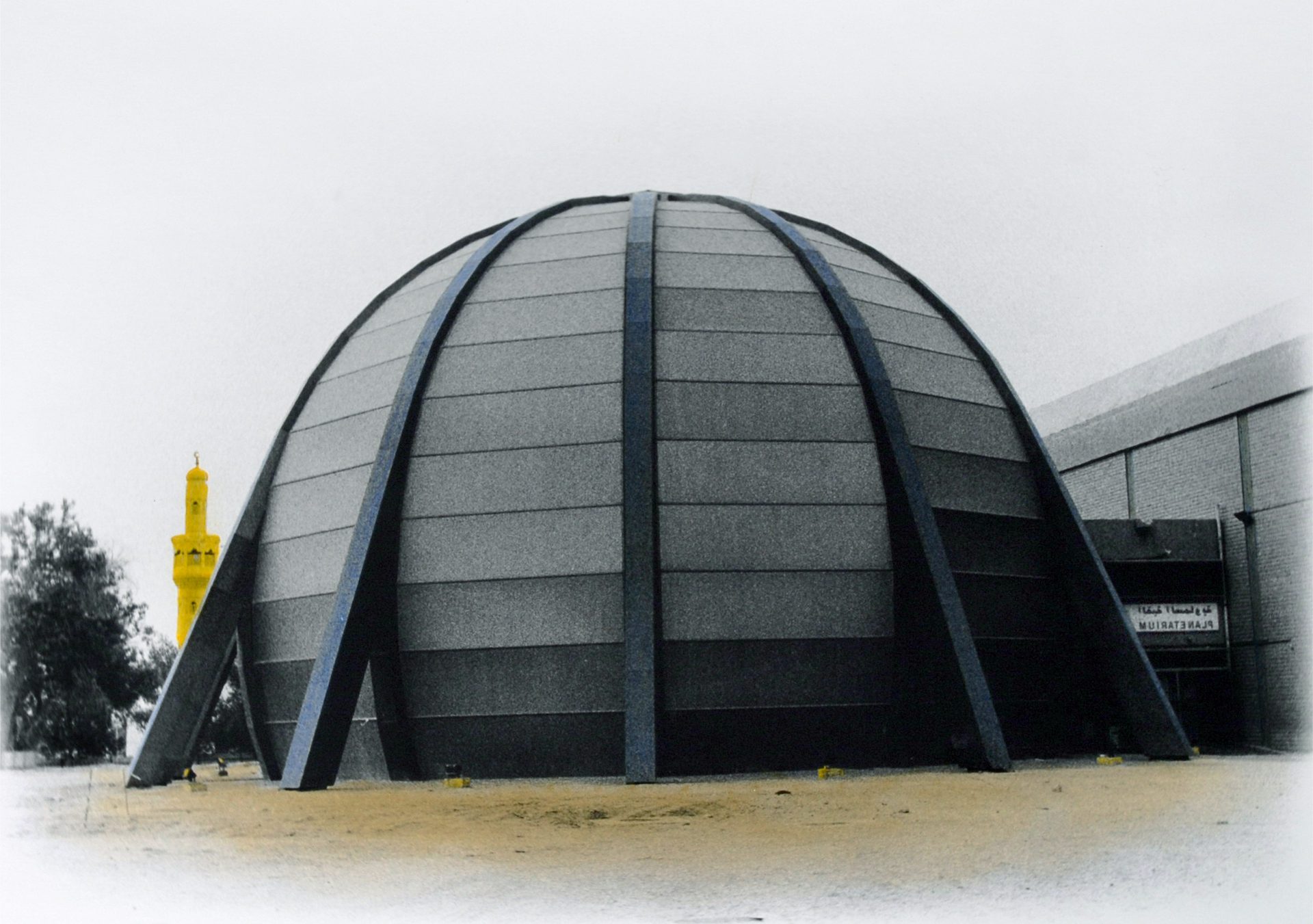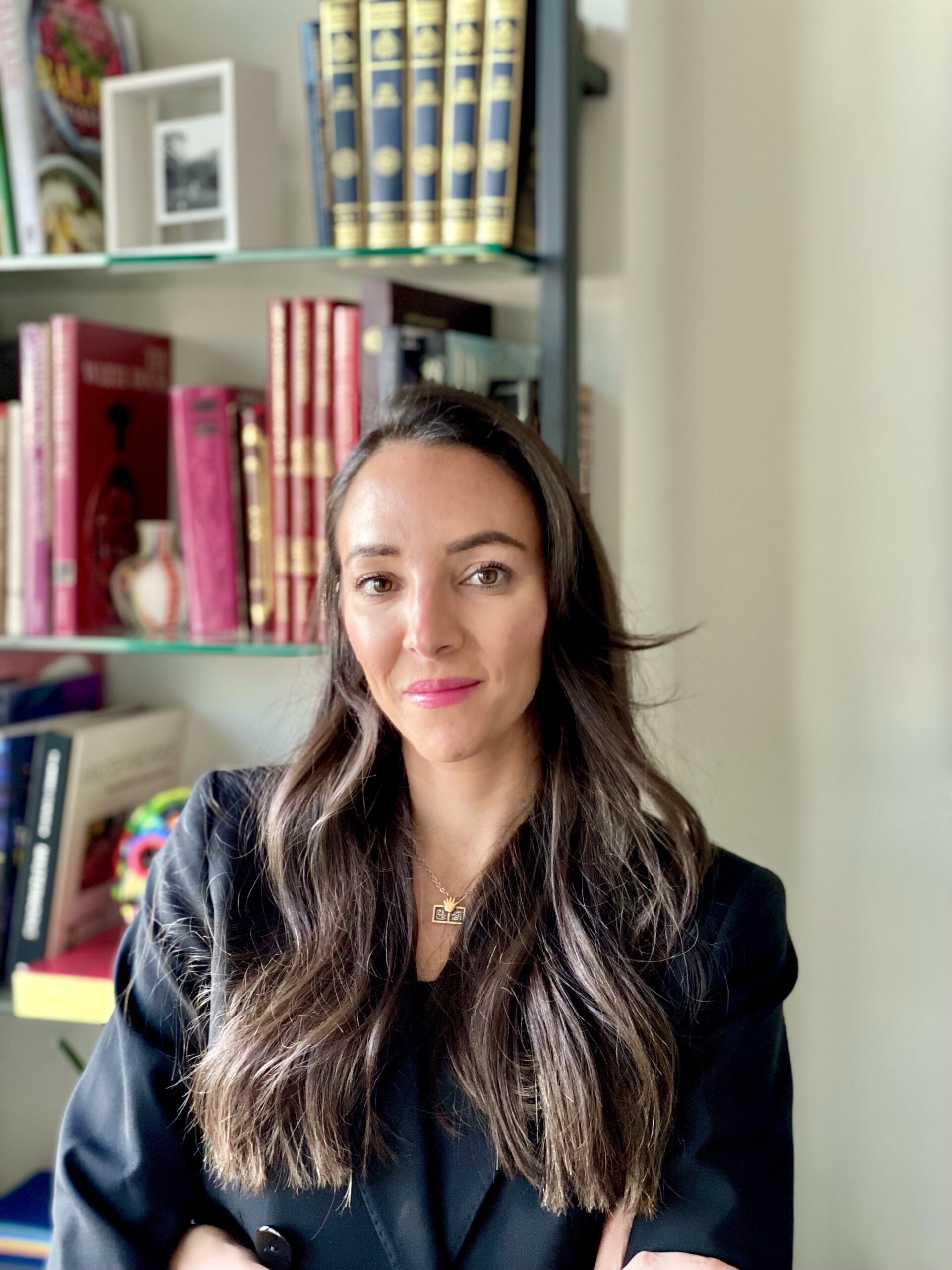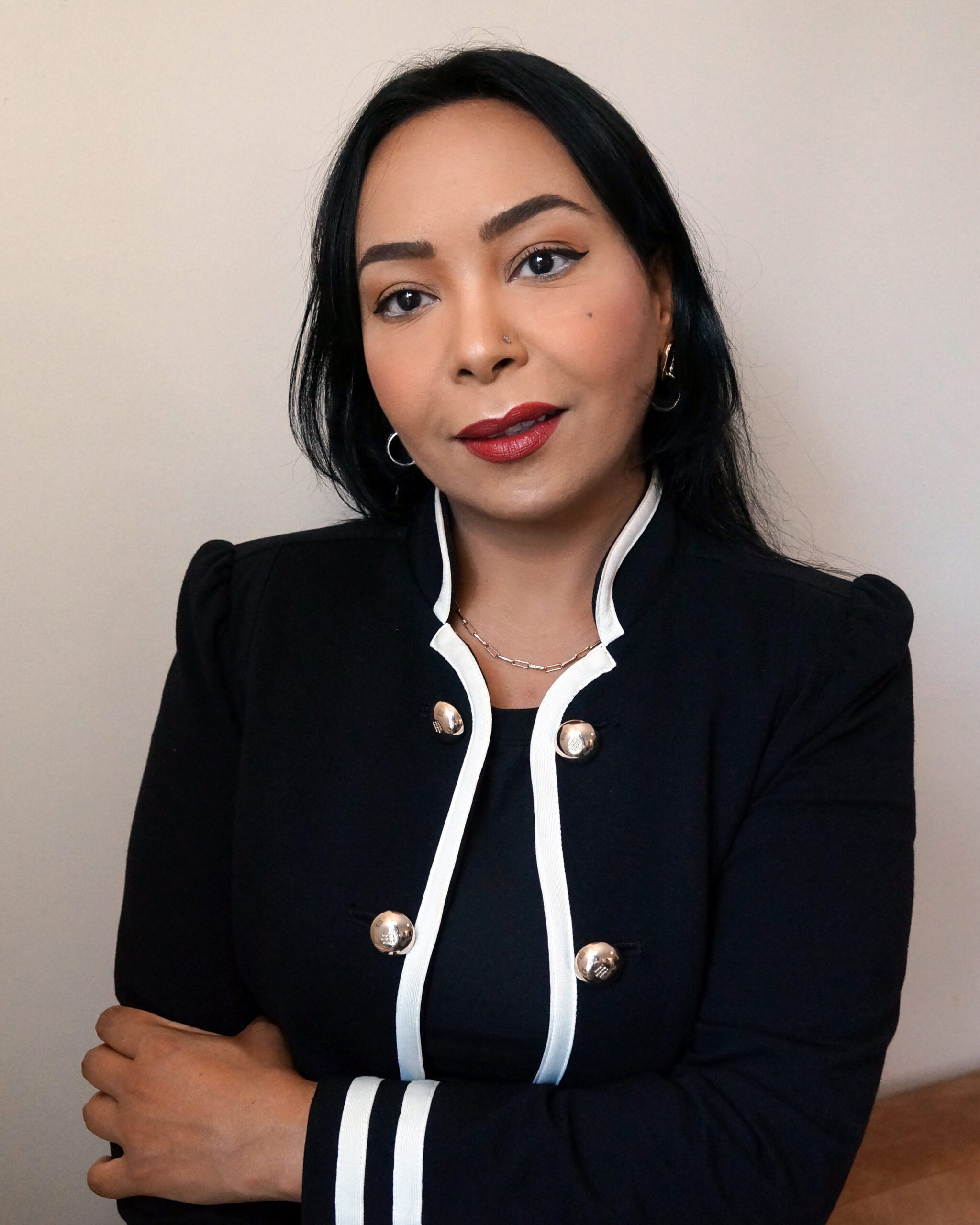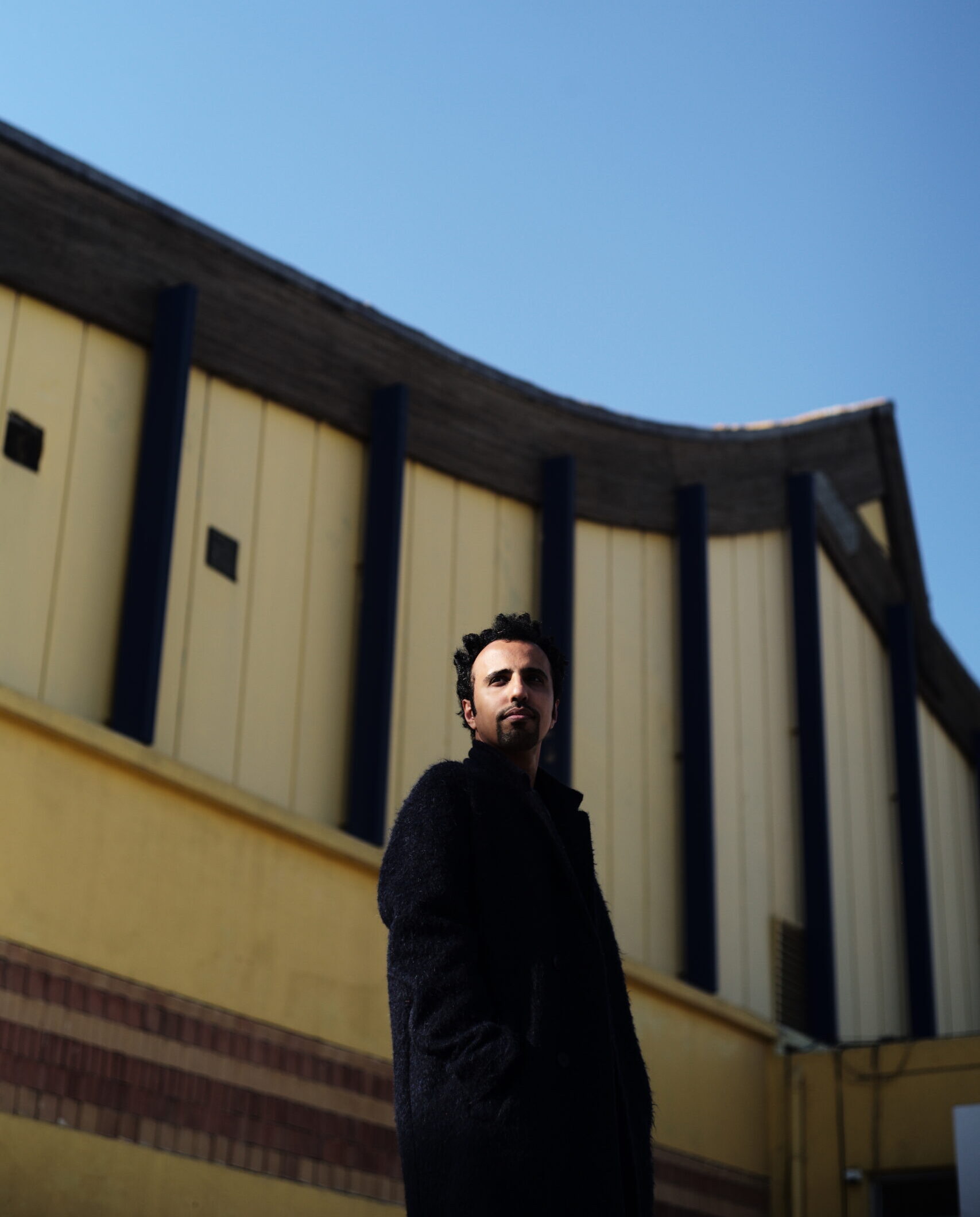Kuwait’s Snap Parliamentary Elections Bring Return of the Opposition
On November 26, Kuwait held parliamentary elections, its fourth in just five years, in a vote that marked the return of the opposition after nearly four years of electoral boycotts. Despite the handicap of a new one vote electoral system, and the short time for preparation due to the early dissolution of the Parliament, the...
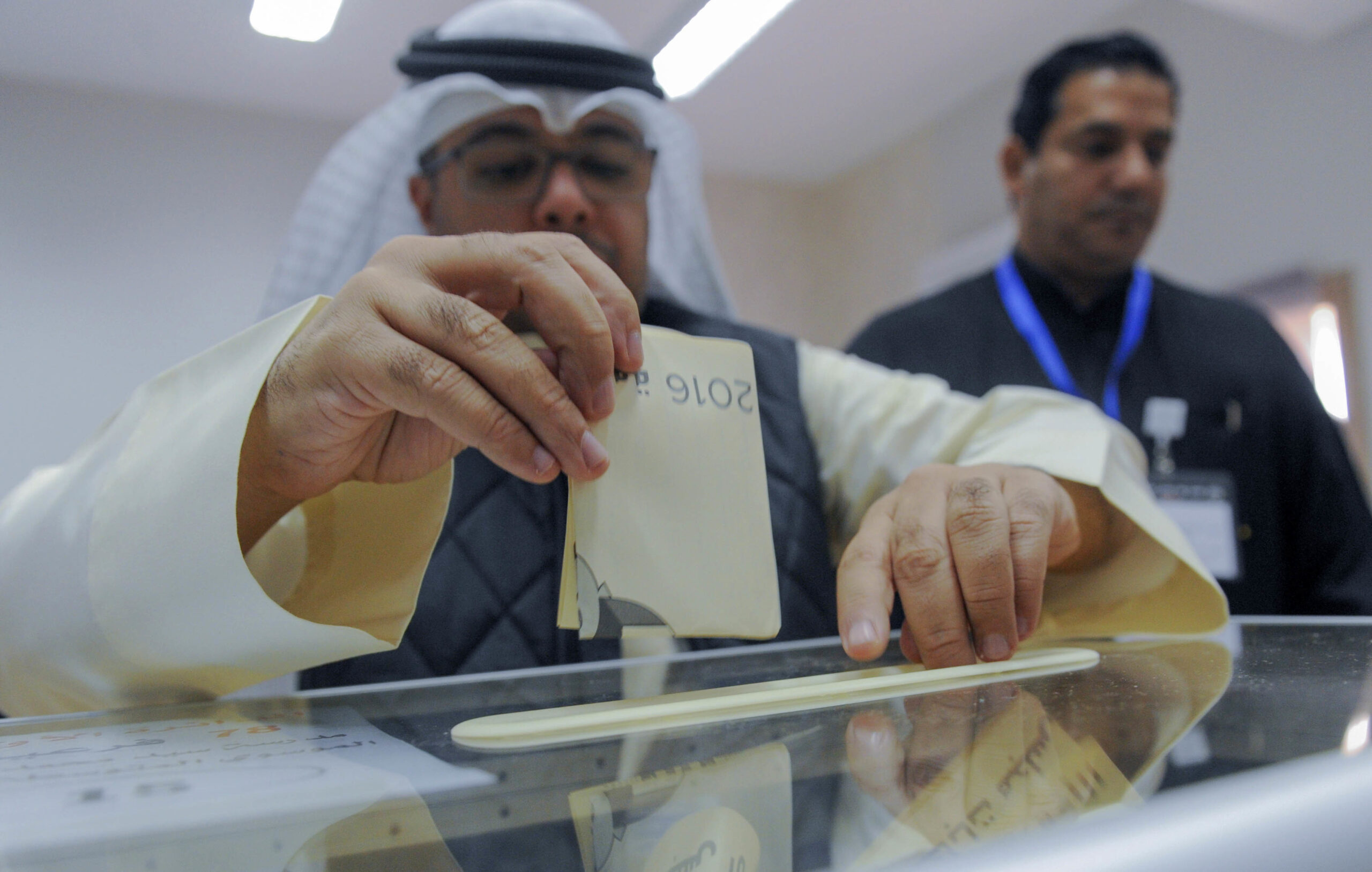
On November 26, Kuwait held parliamentary elections, its fourth in just five years, in a vote that marked the return of the opposition after nearly four years of electoral boycotts. Despite the handicap of a new one vote electoral system, and the short time for preparation due to the early dissolution of the Parliament, the opposition managed to have a strong showing, capitalizing on a public eager to see a stronger Parliament serve as a check on the ruling family-led executive. Voters came out in high numbers seeking new faces: 70 percent turnout resulted in a turnover of 60 percent of members of parliament, with most estimates giving the opposition a bloc of 15 with the potential of attracting a majority of the 50 seats on certain issues.
Leading the opposition will be Kuwait’s Sunni Islamists, anchored by the Muslim Brotherhood-affiliated Islamic Constitutional Movement (ICM), looking to repair its standing after a punishing five years out of power. Among the new faces are a number of youthful ones, including the youngest member of parliament ever elected in Kuwait, in addition to one woman. All will face pressure to deliver on pocketbook issues as Kuwait negotiates severe budget deficits. Many members of the opposition will also look to push back on limitations on civil liberties, such as new media and terror laws, the government’s punitive withdrawal of citizenship, and plans to collect citizens’ DNA to aid in security.
The difficult economic and political challenges faced by Kuwait would be best served by collaboration and conciliation within the Parliament and with the executive – something difficult to achieve with the sectarian and political divisions still plaguing the small emirate. Counted among those divisions are ones within the ruling family itself. The competition for the future leadership of the country is escalating as a key transition looms, one in which this Parliament could play a part.
Islamist Opposition Regroups
This election continues a period of marked political instability, as the past seven Parliaments have failed to serve their full term due to dissolutions imposed by the courts on procedural grounds, or by the emir in a constitutionally-permitted maneuver. In the last instance, the emir dissolved the Parliament nine months before its scheduled end of term, citing domestic and regional challenges. However, most analysts judged that the emir moved early for more tactical reasons: to gain advantage over an opposition resolved to return after years of boycotts. This election thus served as the first full test of the new electoral system established with the emir’s decree in 2012, which prompted the electoral boycotts. The reduction of votes from four to one was widely predicted to negatively impact the opposition, which used the multivote system to build electoral coalitions.
The most prominent party returning to elections was the Muslim Brotherhood-backed ICM. Under the current emir, and especially since taking a more strongly oppositional stance in 2011, the Muslim Brotherhood has suffered institutionally, losing standing in key ministries to pro-government Salafis, and experiencing increased pressures on its extensive international charitable activities. The movement has been working to separate its political society from the main organization, a move that allowed leadership to emerge from middle tier and younger members. This has allowed the Kuwaiti Brotherhood to avoid the divisions seen in other countries such as Jordan, although a significant minority of ICM members did vote to maintain a boycott in some form in internal elections. The ICM chose a conservative electoral strategy, selecting proven candidates, and mostly running only one per district. This strategy paid off as the ICM won four seats across four different districts, narrowly losing only one seat in a district where it ran two competitive candidates.
Salafi movements in Kuwait are very divided between pro-government candidates and a number of other more activist trends. These elections were punishing to the pro-government candidates, including two former ministers. The activist trends were more successful, returning a number of well-known former members of parliament to the National Assembly, although some others failed in their bid.
The return of the Sunni Islamist opposition, alongside many new independent and reformist candidates in urban districts, resulted in a reduction in Shia members of parliament.
Tribal Constituencies in Transition
Kuwait’s more tribal outer constituencies are experiencing greater political volatility. These once reliably pro-government regions have become more educated and more dissatisfied with their share of the rentier bargain, suffering to a greater extent from the decline in public service and public sector jobs. This trend is exemplified by the undisputed leader of the tribal populists, Musallam al-Barrak. In his long parliamentary career he rejected participation in tribal primaries – the illegal but informally practiced pre-elections to consolidate tribal support behind selected candidates – in favor of building a broader coalition campaigning against corruption and Kuwait’s merchant oligarchy.
Yet with Barrak still in prison over his confrontations with the emir, his powerful Mutair tribe was divided on whether to run pro-government, opposition candidates, or to boycott, thereby weakening its position. Meanwhile, stricter enforcement of the law against tribal primaries, and the implementation of the one vote system wreaked havoc on the voting strategies of Kuwait’s larger tribes. Unable to cast votes for multiple candidates, tribes resorted to voting stratagems designed to divide the electorate among potential members of parliament, organizing their voters, for example, by name. This appeared to have failed, as winners of informal tribal primaries went down to defeat and the three biggest tribes – the Matran, Ajman, and Awazem – reduced their usual parliamentary representation of around 15 seats to only seven. This provided an opening for smaller tribes, some of which have rarely held representation.
New Faces, Including Youth
The high degree of turnover and defeat of some veteran politicians means the Parliament will be infused with some new faces, many of them notably younger than their predecessors. The deputy minister of youth affairs, Alzain Alsabah, sent her congratulations to six elected representatives from among the youth constituency, urging them to help realize the National Youth Policy, now under development. Other sources placed the number of young members of parliament at seven, four new to Parliament. Several of these have voiced strongly reformist programs, with at least two connected to the Kuwaiti Association for Protecting Public Funds, an anti-corruption organization. It remains to be seen if these youthful members can win the confidence of a diverse and ambitious younger generation, among them leading political activists who continue to face legal prosecution and continue to support a boycott of the elections.
Women continued to struggle in this election, with only 15 contesting and only one candidate, former Member of Parliament Safa al-Hashem, winning a seat. Women have failed to build upon the 2009 high of four seats in the Parliament, leading some activists and analysts to call for the implementation of gender quotas.
Parliamentary Dynamics
The 2016 election unquestionably strengthens the opposition; it could hardy do otherwise given the historically pro-government Parliament elected during the boycott. However, the opposition and reformist voices ran mostly as independents and represent significantly different trends. Their ability to coalesce will vary based on issue, and on the conviction of the government, which maintains its 12-member ex-officio voting Cabinet. Internal procedural changes implemented over the past few years will also weaken the ability of parliamentary members to interpolate ministers – their most formidable power.
The ability of the disparate opposition to unify, and consequently to be effective, will face an early test in the election of the speaker of the house. There are currently three candidates hoping to challenge the current speaker, Marzouq al-Ghanem. The opposition needs to coalesce behind one candidate to have any chance of unseating the influential head of Parliament.
Given the populist rhetoric of the campaign, there could be greater resistance to fiscal budgetary cuts, including the unpopular cut in fuel subsidies passed while the Parliament was in summer recess. A broader coalition against privatization and large public tenders may be more susceptible to government influence, and arguments about the need for economic diversification and growth.
Another issue that may garner greater parliamentary scrutiny is tough new surveillance and security measures, which many members of the opposition view as veering toward citizen intimidation. The new media law, the DNA law, and the increasing punitive use of the withdrawal of citizenship were all prominently discussed during the campaign. The ability of the Parliament to change some of these policies may be limited, however, due to executive privilege.
The core group of the Sunni Islamists, and the relative weakness in the tribal populists, may impact the agenda setting of the opposition. The Sunni Islamists expressed strong concern for regional affairs, including the ascendance of Iran. As the Parliament traditionally defers to the executive on foreign policy matters, there is a danger that these concerns will be directed more domestically at the Shia community, perhaps questioning the government handling of the Abdali cell and weapons cache discovered in the summer of 2015. The danger of this Parliament exacerbating sectarian animosity, never far from the surface, is real.
Another factor that will impact the Parliament is the unity of the ruling family-led government itself. The government made progress in its agenda with a more pliable Parliament, but its effectiveness has still been curtailed by the limited capabilities of the bureaucracy. This led the royal court to circumvent the government altogether on high profile public projects, such as youth programs, the new opera, and the renovation of Al Shaheed Park. Royal leadership beyond the current emir, age 87, is hotly contested however, and competition between rival royals has been impacting parliamentary dynamics. The fact that the current parliament could have an impact on any contested succession – a precedent set in 2006 – heightens its importance, and perhaps the likelihood of yet another unscheduled parliamentary dissolution.
The views represented herein are the author's or speaker's own and do not necessarily reflect the views of AGSI, its staff, or its board of directors.


